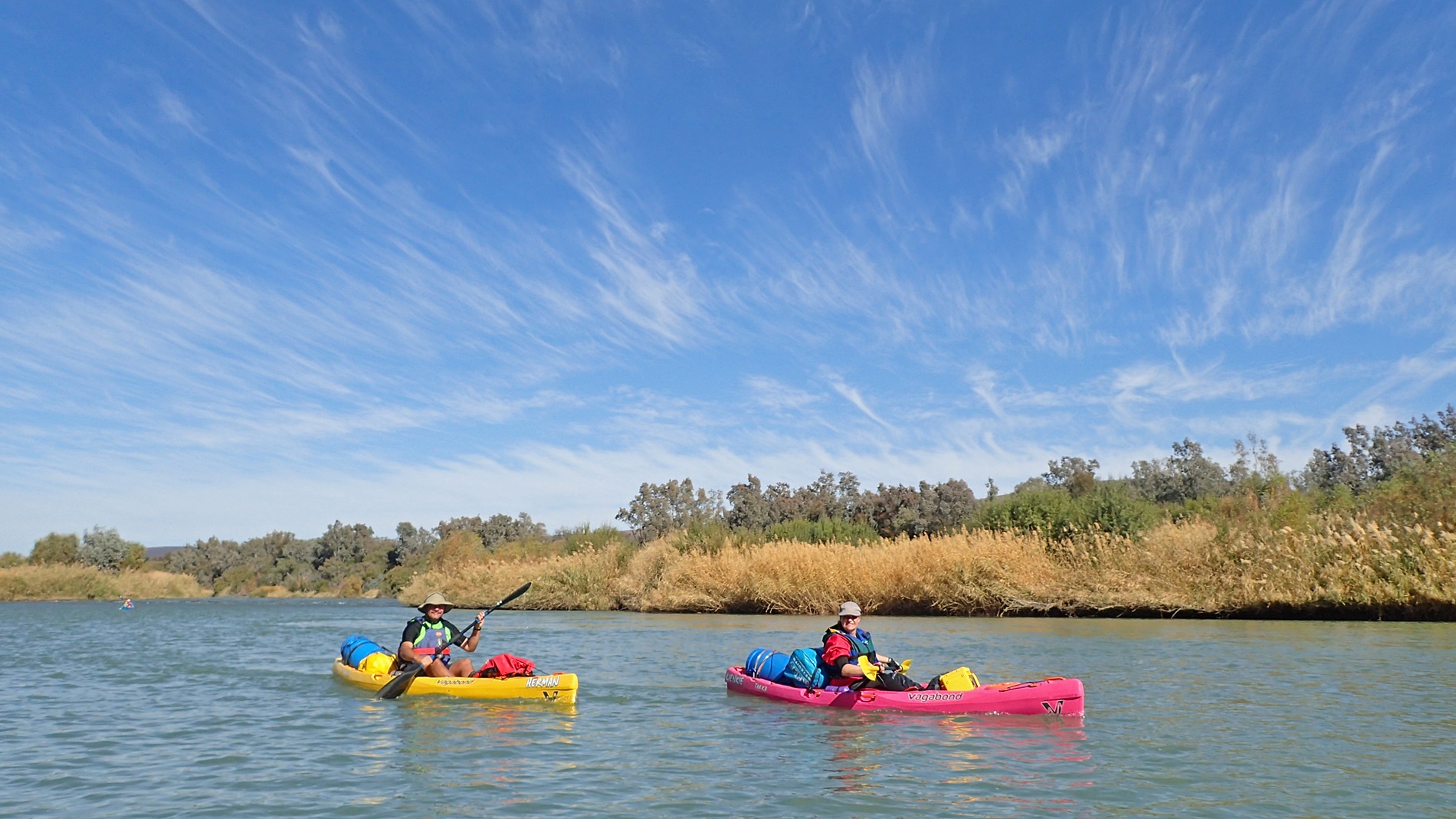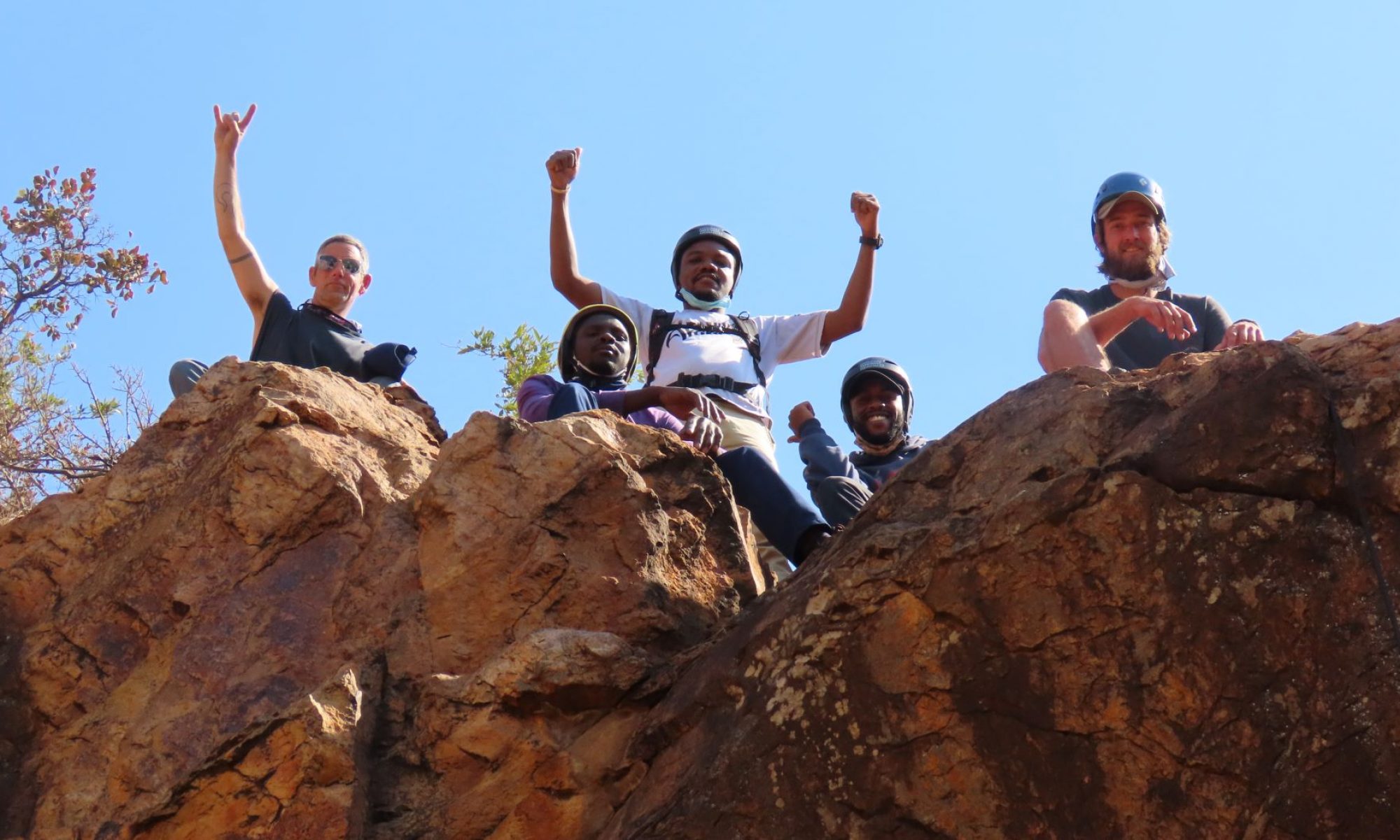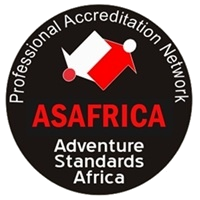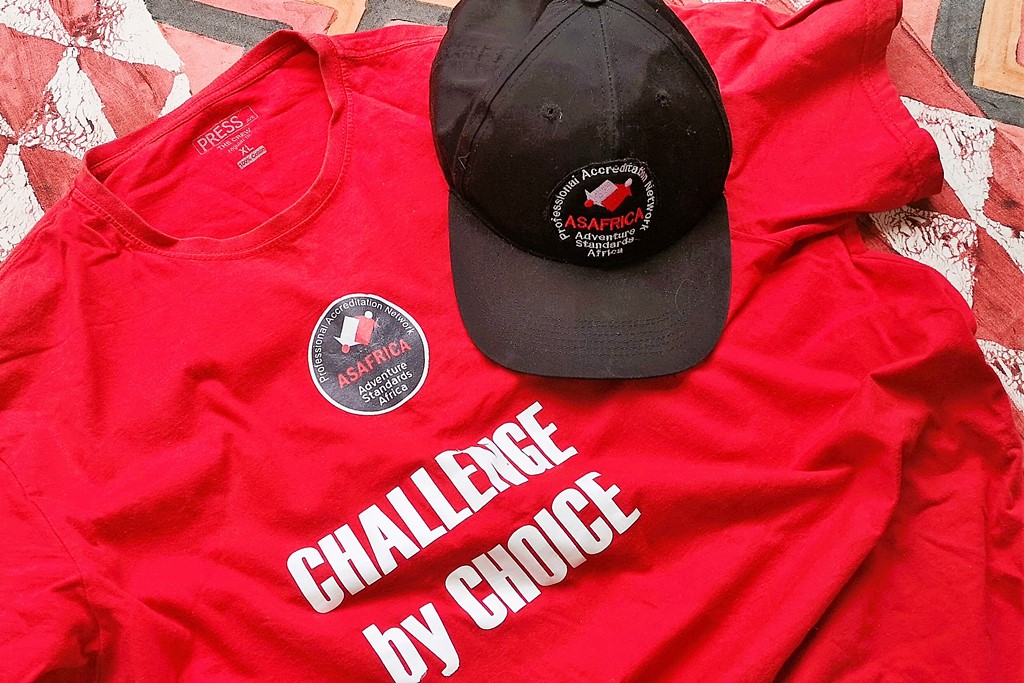Adventure guiding is growing fast in the world and especially in South Africa with our amazing range of outdoor venues. Skills range from abseiling to ziplining, including rafting, hiking, 4X4, mountain biking and many more.
Careers
This is where you can enter an adventure career. There are three aspects to adventure: nature, skills, and people. You need a love of the outdoors, the technical abilities to handle challenges, and leadership & communication to work with and manage groups.
Legal guiding
Adventure Standards Africa is committed to high standards of professional guiding and training for outdoor careers. We run induction courses for youth, and we train adventure guides in a range of skills to prepare them for a life leading people in exciting activities.
We qualify guides for legal registration in terms of the Tourism Act in South Africa. We also provide advice and consultancy for operators and lodges concerning the law, markets and equipment.
Safety
We encourage a culture of safety wherever adventures are on offer. Professionalism means caring for people and planet while proving mastery of technical skills, communication and leadership.
What is “adventure”?
The dictionarry defines adventure as exciting, daring and risky. That’s pretty much correct. One thing about any kind of adventure in the outdoors is that it will challenge you to go beyond yourself – tackle things you wouldn’t normally do. Because of that it’s likely to involve risk.
Adventures are classed as “hard” (verging on the extreme) or “soft” (managed and fairly safe). Most commercial adventures like rafting and hiking fall somewhere between the two. Parties are led by experienced guides who know where most of the risks lie, so try to avoid them.
The idea of any adventure is to do it but keep yourself out of harm’s way. This should not be a matter of luck. One needs technical skills to handle the adventure and minimise risk. Go adventuring but stay safe!
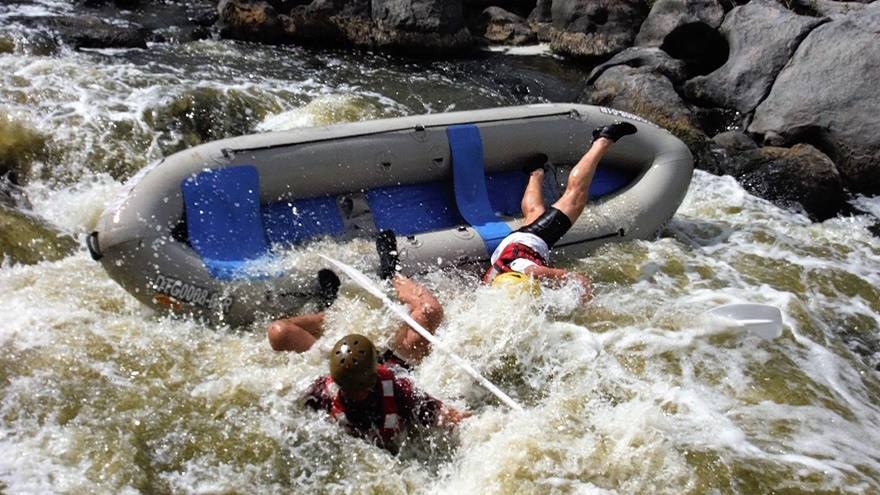
Danger
Levels of danger vary. When assessing your chances, it’s a good idea to separate the danger from the technical difficulty of the activity. We would call this a two-step risk assessment.
For example, when crossing a rubble-strewn mountain slope, the danger is that you might slip and fall. The technical skills needed to cross the slope include knowing how to set up a safety rope and also how to negotiate on on loose ground.
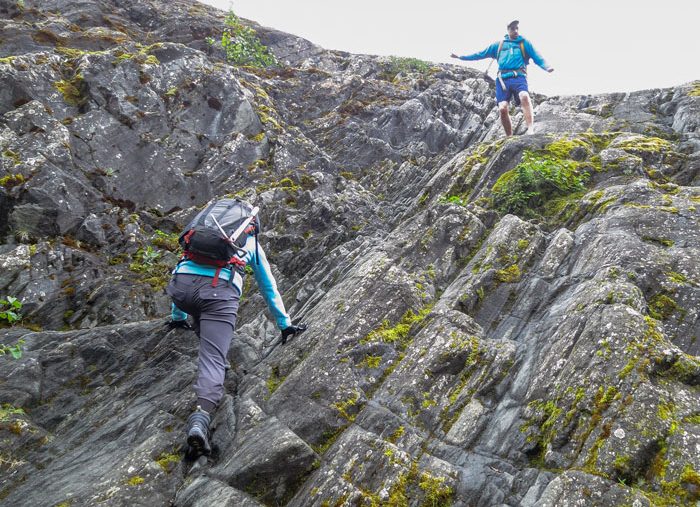
Job Prospects
In South Africa the biggest demand for qualified adventure guides comes from operators of hikes, rafting, ziplines, cycle tours, horse trails, canoe tours and other activities that attract groups. Once you have a legal certificate in one field you can add specialties and become a multi-skilled guide. From guiding, many move into operations management, sales, or related fields like nature conservation.
The better prepared you are, the greater your chances of making a full career of adventure. You must get at least Wilderness First Aid Level 3 with Casualty Evacuation. Map reading, navigation and compass work are vital.
In addition, one definitely needs Internet and computer skills. It is advisable to do a course in business management and have some bookkeeping know-how. Marketing Every customer is a future convenor of more groups, so become good at selling yourself and promoting the activities to the public.
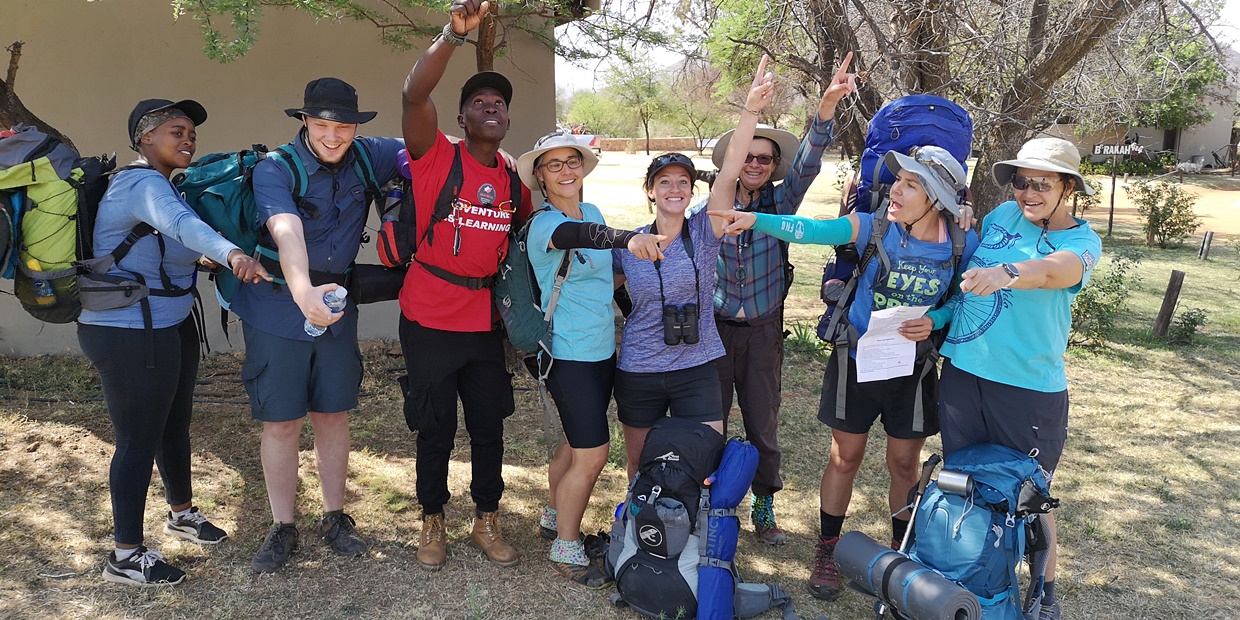
Work and Play
We can place you in jobs for experience and pay – provided you are getting qualified. All candidates for legal guide status need to do the Generic Adventure Site Guide Programme (GASG). This covers both your technical skills and your tourism knowhow (leadership, planning, communication).
You must get logged time on trips for each specialty (eg hiking) and hold a currently valid Wilderness First Aid certificate. We also require you to do the one-day Casualty Evacuation course for our certificate.
Once you are started on GASG we assist you to find work in the field and build up your logbook. Through us, you meet many career professionals.
Get it done!
